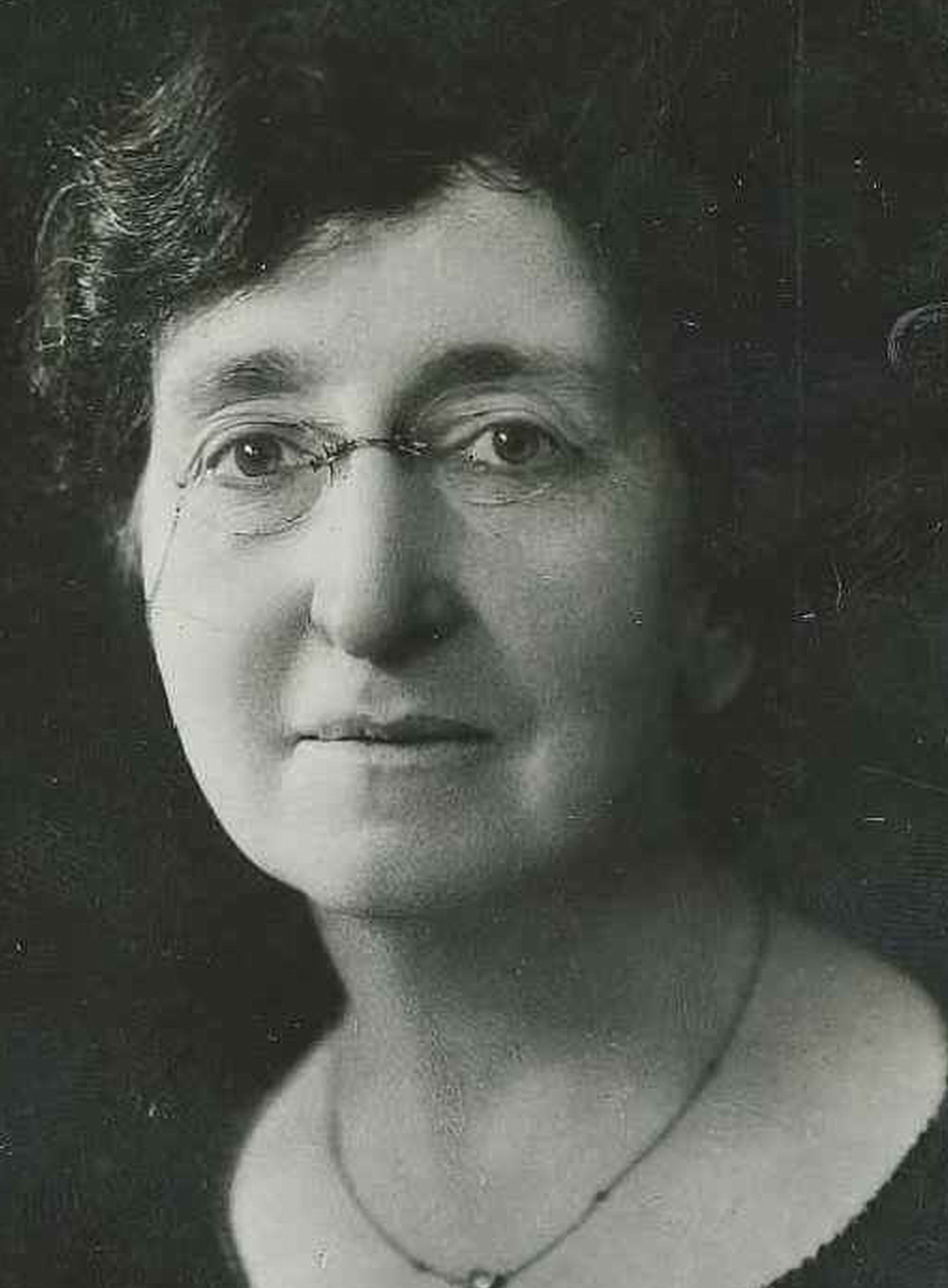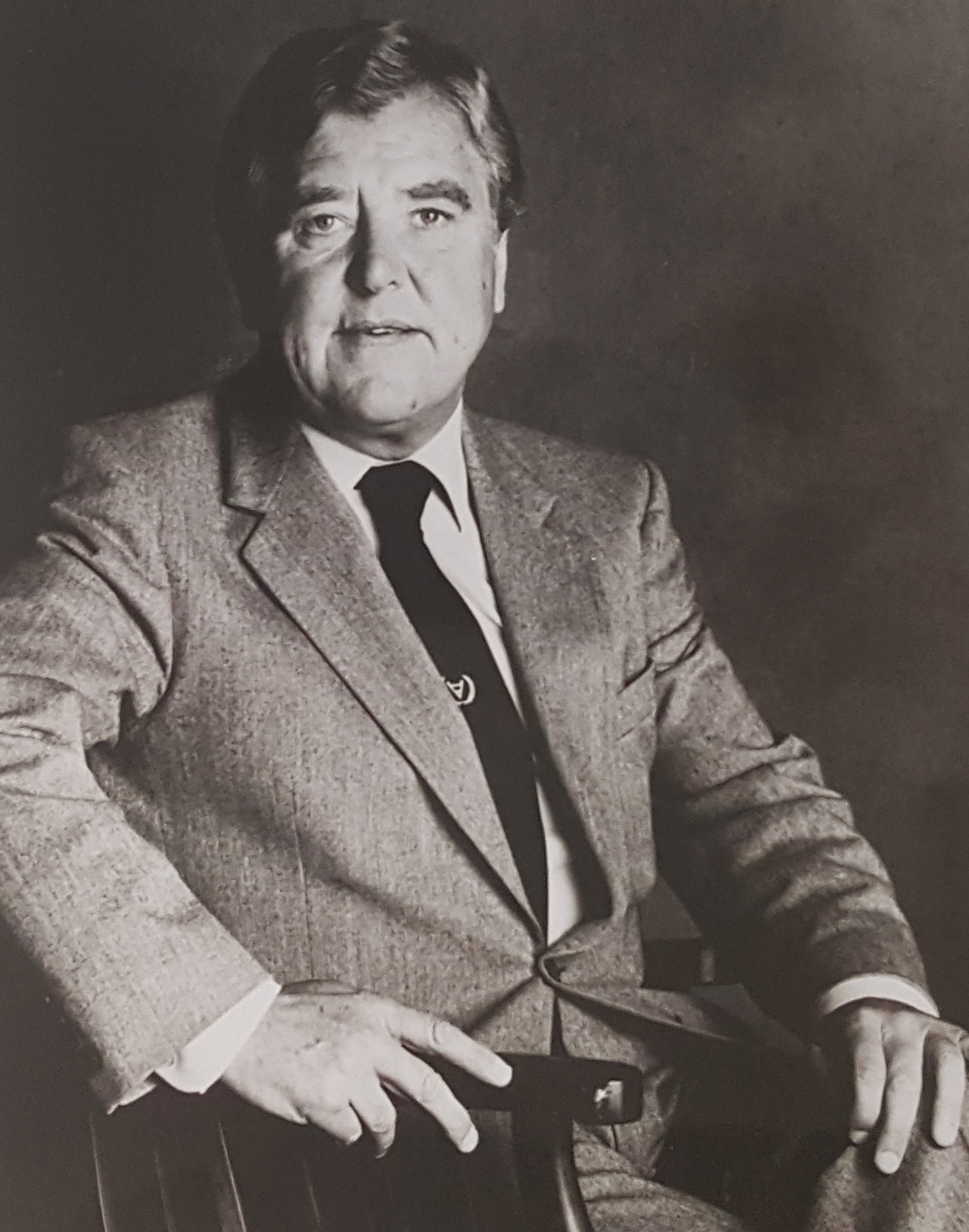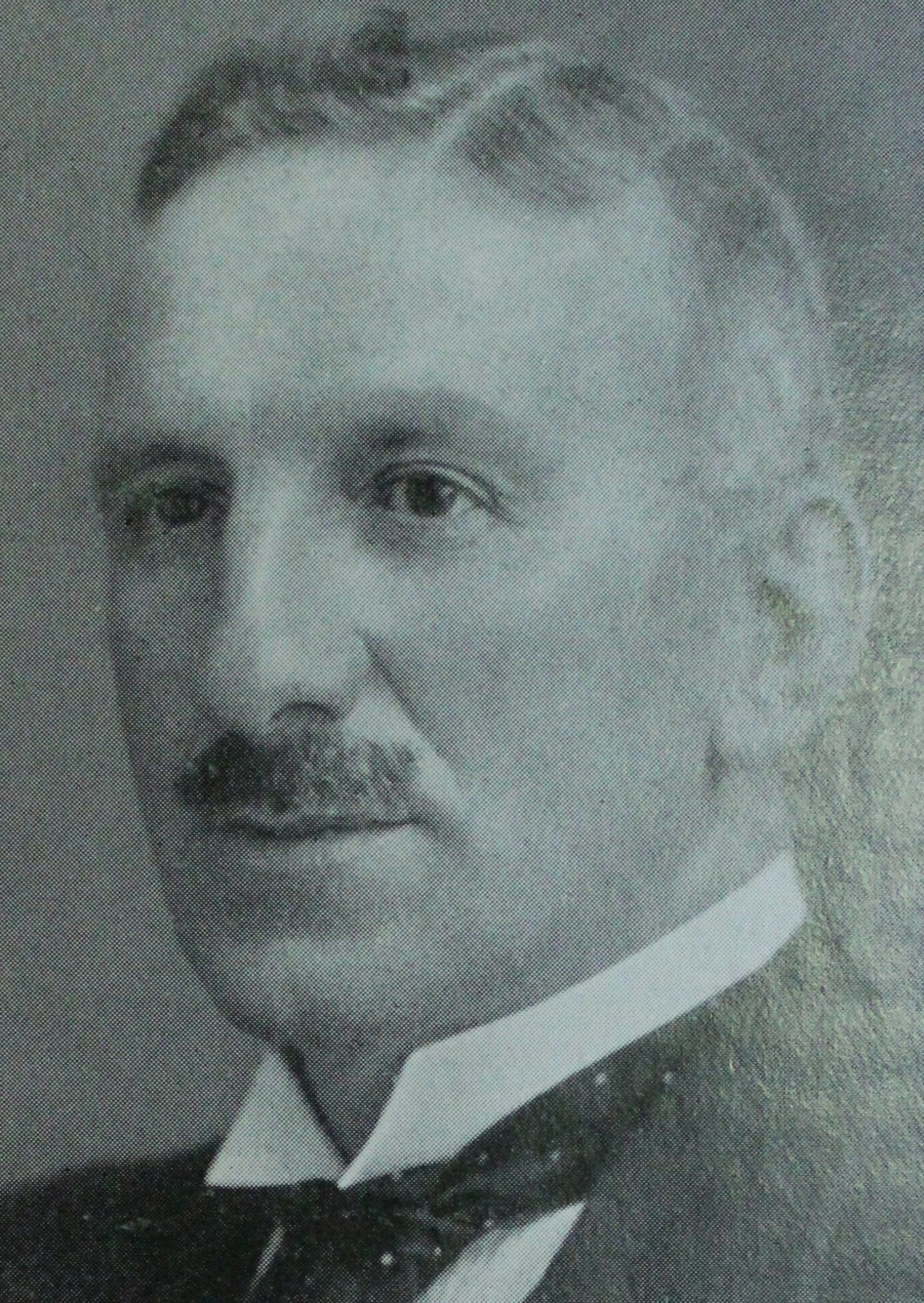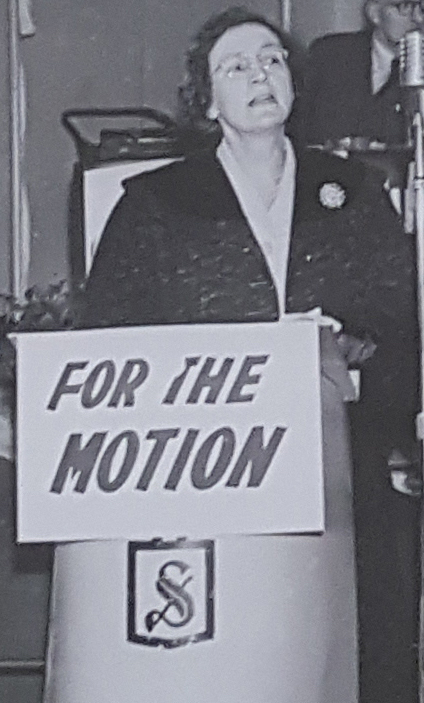Throughout its 100-year history, the Co-operative Party has attracted political change makers. As part of our coverage of the Party’s centenary, we present just a few of them …
AV ALEXANDER (1885 – 1965)
The son of a blacksmith in Weston-super-Mare, AV Alexander left school as a teenager, working as a council clerk and serving in the First World War.
Co-op Party connection:
Joined Weston Co-op in 1908, and was voted on to the board two years later. He was one of the first Co-op MPs, and the first to serve in Cabinet.
Achievements:
- Parliamentary secretary of the Co-operative Union, 1920-46 leading lobbying which halted moves to impose corporation tax on co-ops and seeing consumer interests represented on agricultural boards.
- Elected in 1922 as one of four Co-operative MPs, for Hillsborough.
- In 1931, he became First Lord of the Admiralty, working for working class interests in the Cabinet. He returned the role during World War II. One of the few working-class members of Churchill’s cabinet, he worked for the welfare of troops, and was the first British minister ashore after D Day.
- Leader of the Opposition in the Lords. He continued to lobby for the co-op movement from the Lords for the rest of his life.

MARY ELLEN COTTRELL (1868 –1969)
Born in Sheffield, Yorkshire, she became a schoolteacher and eventually headmistress. In 1896, she married Frank Cottrell at Ecclesall Bierlow, Yorkshire. They set up home in Birmingham and had three sons.
Co-op Party connection:
Labour and Co-op activist and politician in Birmingham and at a national level.
Achievements:
- Secretary of the local Women’s Guild
- First women to be elected to the board of the Ten Acres and Stirchley Co-operative in 1909
- First woman to represent the Midlands on the Co-operative Union’s Central Board in 1917, where she is credited with getting wartime rations of milk increased for infants and nursing and expectant mothers while serving on the Milk Advisory Board in 1918.
- First woman elected to Birmingham City Council, in February 1917, for Selly Oak ward.Her election pre-dated the launch of the Co-op Party by some months, but from 1920 she stood as a Labour/Co-op candidate.
- Stood for re-election in 1920, but was defeated by the Conservative candidate. She returned to the council in December 1921 in a by-election and served until 1923.
- First woman elected to the board of the Co-operative Wholesale Society, in 1922. She was to be the only woman director for 37 years.

ALF MORRIS (1928 – 2012)
Born to a family struggling with poverty in Ancoats, Manchester, Morris went on to study at Oxford and Manchester Universities before becoming a teacher in Manchester.
Co-op Party connection:
MP for Manchester Wythenshawe from 1964-97.
Achievements:
- In 1970 he became the first minister for the disabled anywhere in the world. His advocacy on the issue stemmed from the experiences of his father, who lost an eye and a leg and was gassed in the First World War. After his father died, his mother was not entitled to a War Widow’s pension – a matter that Morris would set right 40 years later as minister.
- Successfully introduced the Chronically Sick and Disabled Persons Act in 1970, which was the first in the world to recognise and give rights to people with disabilities.
- Later in life, Morris served as President of the 1995 Co-operative Congress, being made a peer in 1997.
Related: Alf helped 20 million people: Lord Graham’s tribute in Co-op News

SAMUEL PERRY (1877 – 1954)
Born in Stockport, Perry had to leave school aged 10 after his father’s death. Father of tennis champion Fred Perry.
Co-op connection
Joined movement via Stockport Society.
Achievements
- First national secretary of the Co-op Party, appointed on its creation in 1917, moving to London with nine-year-old Fred to live on the co-operatively run Brentham Estate in Ealing.
- After several failed election attempts, at the 1923 general election he was voted MP for Kettering. He lost the seat in 1924, regained it in 1929, before finally being defeated again in 1931.
- Continued as national secretary of the party until 1942.

HARRIET SLATER CBE (1903 – 1976)
Born Harriet Evans in Tunstall, Staffordshire, to a potter, she trained and worked as a teacher.
Co-op connection
In 1931 she married Co-op Party organiser Frederick Slater; both were members of the local Burslem Co-op. Both were elected as Labour /Co-op councillors in Stoke-on-Trent in 1933.
Achievements
- Became national organiser for the Party in February 1943
- Elected MP for Stoke-on-Trent North in 1953, holding the seat in 1955, 1959 and 1964. Her key interest was the education of working class children
- First woman to be made government whip in 1964.
- Lord Commissioner to the Treasury from 1964-66.
- Check out more of our coverage of the Co-op Party centenary here.

